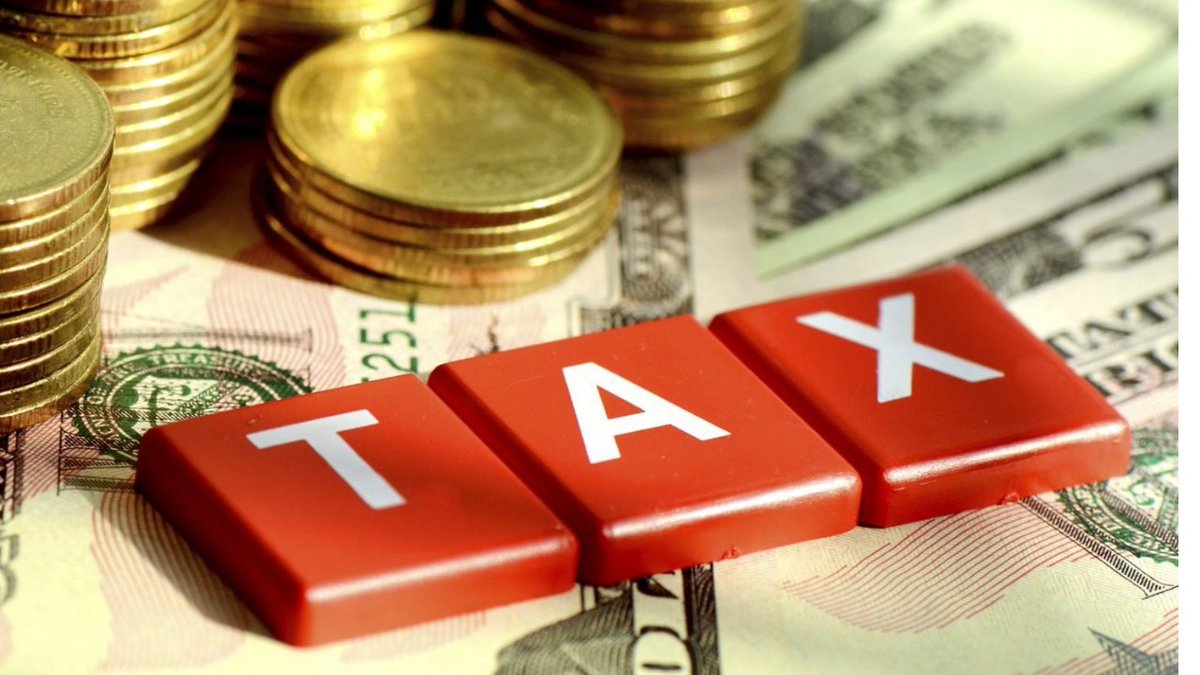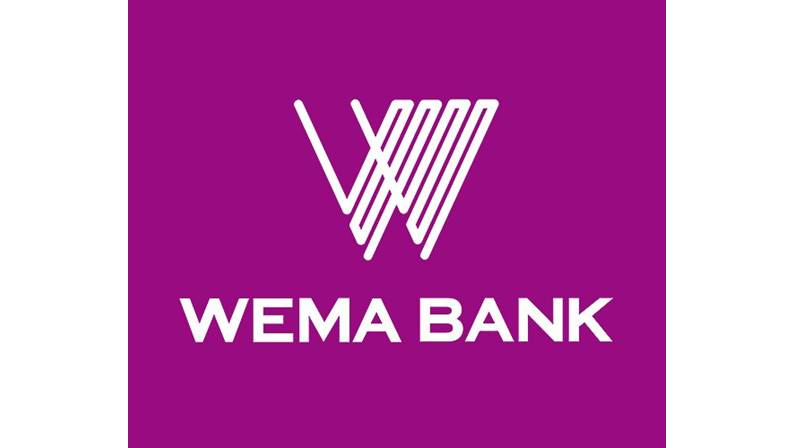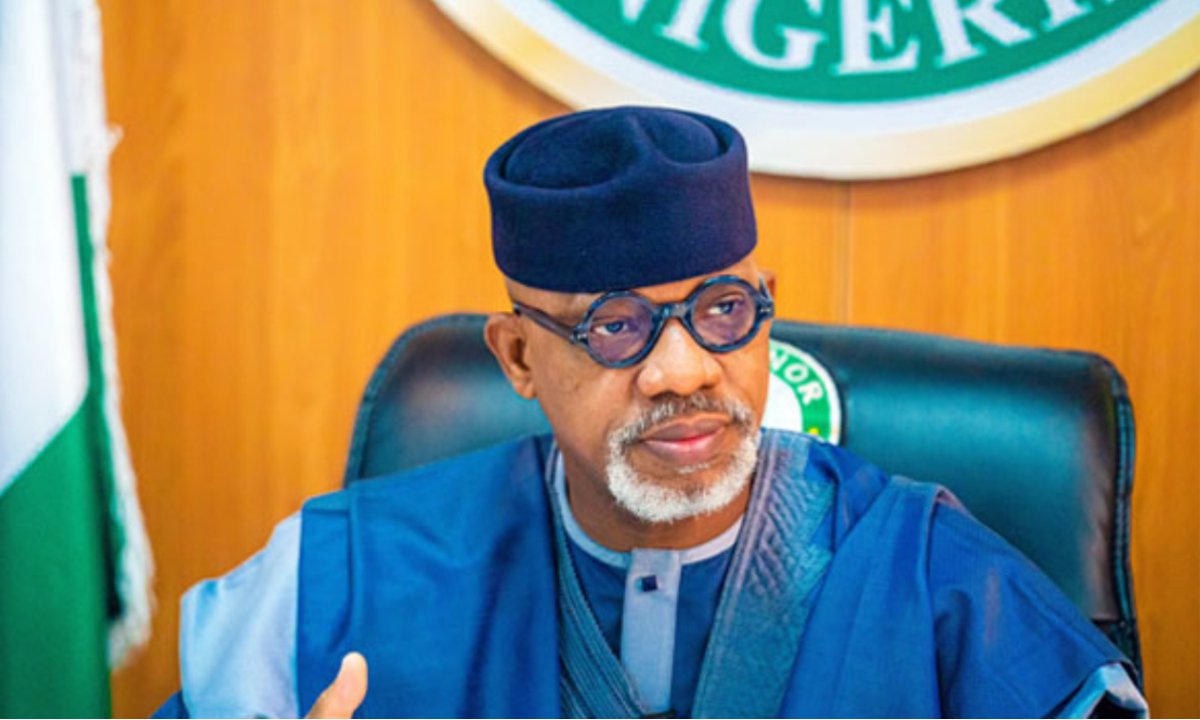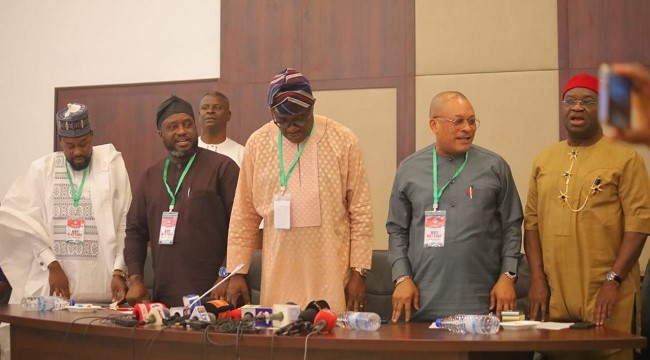Dangote refinery expansion stays on course as the Group insists the tariff deferment cannot affect its plan to grow capacity to 1.4 million barrels per day.
Dangote refinery expansion remains firmly on track despite the Federal Government’s decision to defer the implementation of the 15 per cent import duty on petrol and diesel until 2026.
Also read: Dangote Refinery assures stable fuel supply nationwide
The Dangote Group said the policy adjustment has no impact on its long term ambition to scale up its landmark refinery to 1.4 million barrels per day.
The Group’s Chief Branding and Communications Officer, Anthony Chiejina, said on Friday that the organisation’s strategy is anchored on future growth, not short term policy movements.
He emphasised that nothing in the government’s decision would alter the timetable or direction of the refinery’s upgrade.
He cited Aliko Dangote’s earlier announcement that the refinery’s initial 650,000 barrels per day capacity would be expanded to 1.4 million barrels per day, a move that would position the facility as the largest in the world once completed.
Chiejina insisted that the expansion is a strategic investment designed to reinforce domestic supply and strengthen the company’s role in export markets.
He said the tariff deferment could not delay such a project, stressing that the upgrade was conceived with a long view.
He added that the refinery’s expansion is for tomorrow and not for today, describing it as a forward thinking commitment insulated from short lived policy shifts.
The Federal Government formally approved the deferment after considering the Federal Inland Revenue Service’s advisory on market readiness.
The FIRS, in a letter by its Executive Chairman, Dr Zacch Adedeji, urged that the duty be postponed until the first quarter of 2026 to ensure that the country’s refining infrastructure and supply systems are properly aligned.
The duty had been approved in October 2025 as part of a broader push to stabilise downstream fuel prices, boost domestic refining output and promote fair competition between imported and locally refined products.
Officials said the suspension provides a stability window for marketers affected by rising landing costs and currency pressures while allowing government to evaluate domestic refining performance.
At a recent industry conference in Abuja, NMDPRA Legal Adviser Joseph Tolorunse explained that the tariff was originally designed to protect local refiners and stimulate economic development.
He said that although the measure might have raised prices in the short run, it would have delivered long term national gains including increased employment, greater product availability and growth in GDP.
He noted that the government has opted to step down the duty temporarily in response to public concerns but may revisit it after further assessment.
Energy analyst Henry Adigun also welcomed the suspension, arguing that such a tariff only makes sense when domestic production is strong enough to discourage fuel imports.
Meanwhile, the Dangote Refinery has increased the ex gantry price of cooking gas from N715 per kilogram to N800 per kilogram, its first major adjustment of the year.
Also read: Aliko Dangote rejects buying refineries, expands plant
The review, published by Petroleumprice.ng, reflects ongoing market pressures and rising local demand, a development expected to push retail prices upward.





























